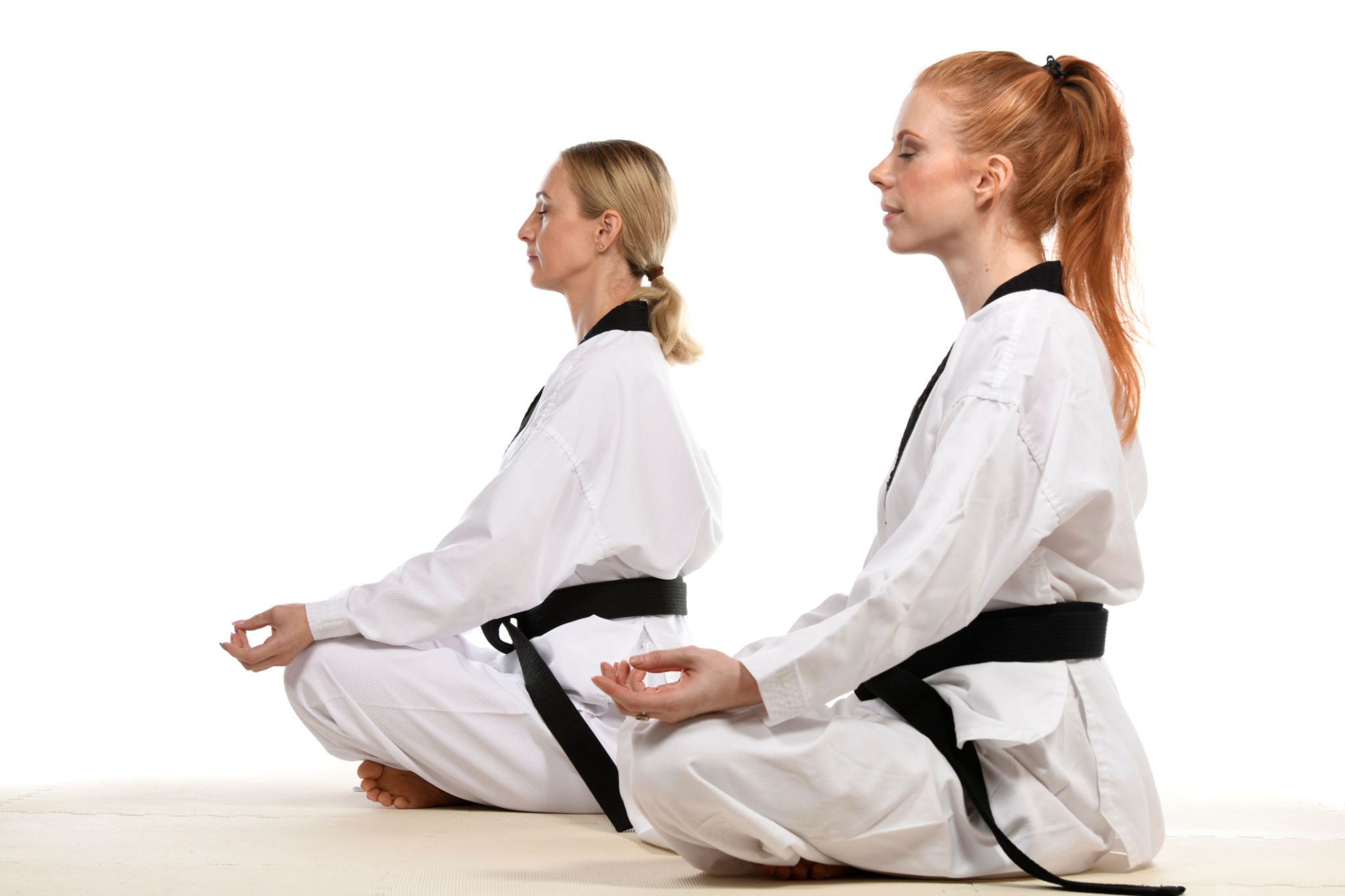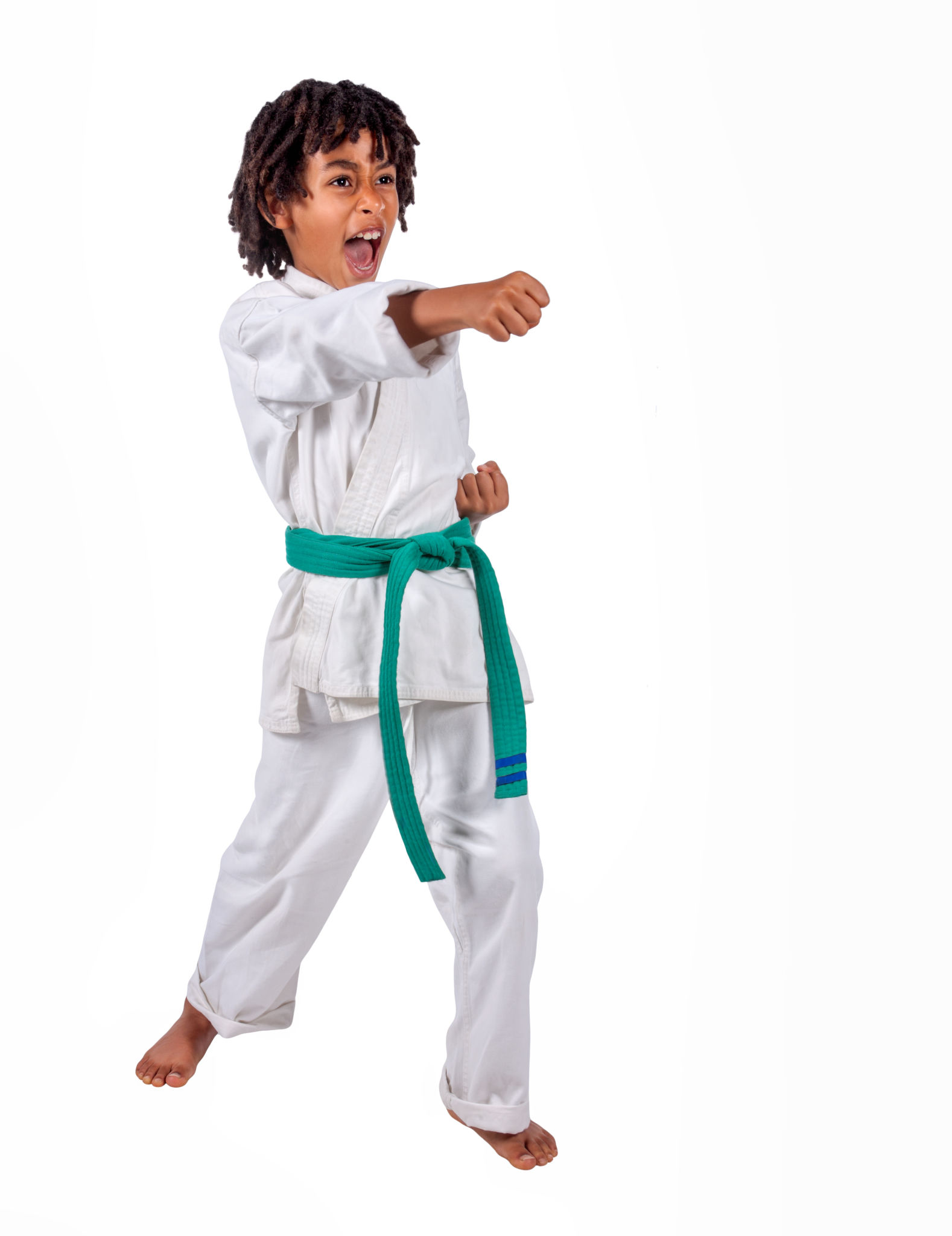Debunking Myths About Karate: What Beginners Need to Know
Understanding the Basics of Karate
Karate is often surrounded by a cloud of misconceptions, especially for beginners. Many people envision karate as an art filled with complex acrobatics and indomitable warriors, but the reality is far more nuanced. It is essential for beginners to grasp the fundamental aspects of karate to appreciate its true essence and benefits.

At its core, karate is a martial art that emphasizes discipline, respect, and self-improvement. While it does teach self-defense techniques, it also focuses on developing mental strength and personal growth. This holistic approach is what makes karate a popular choice for individuals seeking a well-rounded physical and mental exercise.
Myth: Karate is All About Fighting
A common misconception is that karate is solely about fighting. While techniques of self-defense are crucial components, karate is much more than just combat skills. It instills a sense of discipline and respect for oneself and others. Practitioners learn to harness their inner strength, focus, and control, which are applicable in various aspects of life beyond physical confrontation.

Moreover, many karate classes emphasize the importance of community and camaraderie. Students often practice in groups, supporting each other in their journey to mastery. The spirit of cooperation and mutual growth stands in contrast to the myth that karate promotes aggression.
Myth: You Need to Be Fit to Start Karate
Another myth that deters potential learners is the belief that one must be physically fit to start karate. This is far from the truth. Karate is accessible to people of all ages and fitness levels. Beginners are encouraged to progress at their own pace, gradually building strength, flexibility, and endurance over time.
The initial stages of karate training focus on basic movements and techniques that are not physically demanding. As students become more comfortable, they can take on more challenging exercises that contribute to their overall fitness improvement.
Myth: Karate Takes Years to Master
While mastering karate does require dedication and time, beginners can quickly pick up basic skills that enhance their confidence and self-defense capabilities. The journey in karate is continuous; there are always new techniques to learn and refine. Progress is personal and varies from one individual to another.

The belt system in karate provides a structured path for advancement, allowing students to set and achieve goals progressively. This system helps maintain motivation and provides clear milestones that recognize the practitioner's growth and dedication.
The Reality: Karate as a Lifelong Journey
Ultimately, beginners should view karate as a lifelong journey rather than a destination. The art is not about achieving perfection but about continuous improvement and personal development. Whether your goal is to master self-defense or cultivate discipline and focus, karate offers valuable lessons at every stage.
By debunking these myths, beginners can approach karate with an open mind and realistic expectations, ready to embrace the art's profound teachings and benefits.
